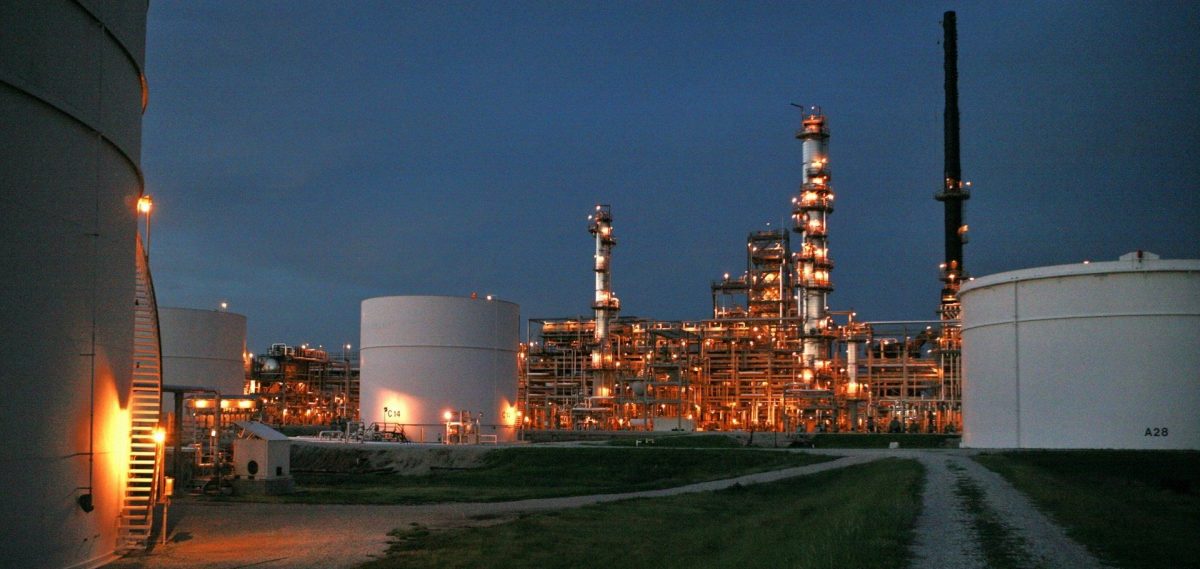The National Bureau of Statistics has revealed that the average retail price per litre of Household Kerosene (HHK) paid by consumers in January 2023 was N1,362.27. Ads by 00:52 / 04:01 This is an increase of 23.33% compared to N1,104.61 a litre of kerosene recorded in December 2022. NBS stated this in its latest price watch report published on its website.
On a month-on-month basis, the average retail price for a litre of kerosene rose by 5.84% compared to N1,287.10 recorded in November 2023.
Breakdown of Kerosene price by states On state profile analysis, the highest average price per litre in December 2023 was recorded in Abuja with N1,650.00, followed by Ogun with N1,609.52 and Benue with N1,594.44. On the other hand, the lowest price was recorded in Kwara with N917.14, followed by Rivers with N969.70 and Nassarawa with N1,071.43., Punch reports. Breakdown of Kerosene price by zones In addition, analysis by zone showed that the South-West recorded the highest average retail price per litre of Household Kerosene with N1,455.21, followed by the North-West with N1,420.48, while the South-East recorded the lowest with N1,264.49. Kerosene price by gallon NBS also revealed that the average retail price per gallon of household kerosene paid by consumers in December 2023 was N4,529.92, indicating a decline of 1.17% from the N4,583.44 average consumer price recorded in November 2023.
On a year-on-year basis, this increased by 20.69% from N3,753.38 in December 2022. State breakdown by gallon On state profile analysis, Bauchi recorded the highest average retail price per gallon of Household Kerosene with N5,600.00, followed by Lagos with N5,273.53 and Ekiti with N5,234.38. On the other hand, Delta recorded the lowest price with N3,234.29, followed by Bayelsa and Kaduna with N3,538.03 and N3,560.00, respectively. Analysis by zone showed that the North-East recorded the highest average retail price per gallon of Household Kerosene with N5,077.08, followed by the South West with N5,014.48, while the South-South recorded the lowest with N3,957.17 in the last month of 2023.
“Full List”: 7 major marketers get approval to sell Dangote fuel Earlier, Legit.ng reported that about seven major oil marketers in Nigeria have registered with the Dangote Petroleum Refinery to lift and distribute refined petroleum products from the plant.
Dealers under the auspices of the Major Oil Marketers Association of Nigeria (MOMAN) confirmed on Sunday, January 14, 2024, that with the registration, they would begin the distribution of fuel produced at the plant once the commercial terms are finalized.
source: Legit
